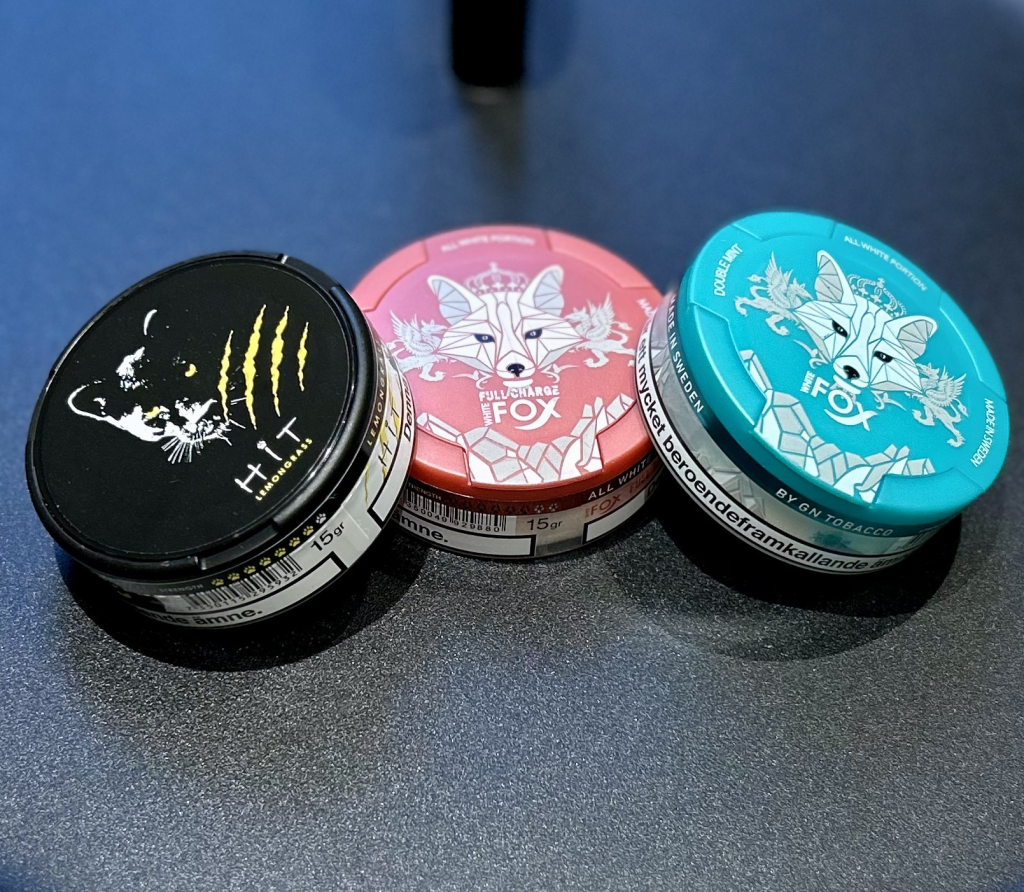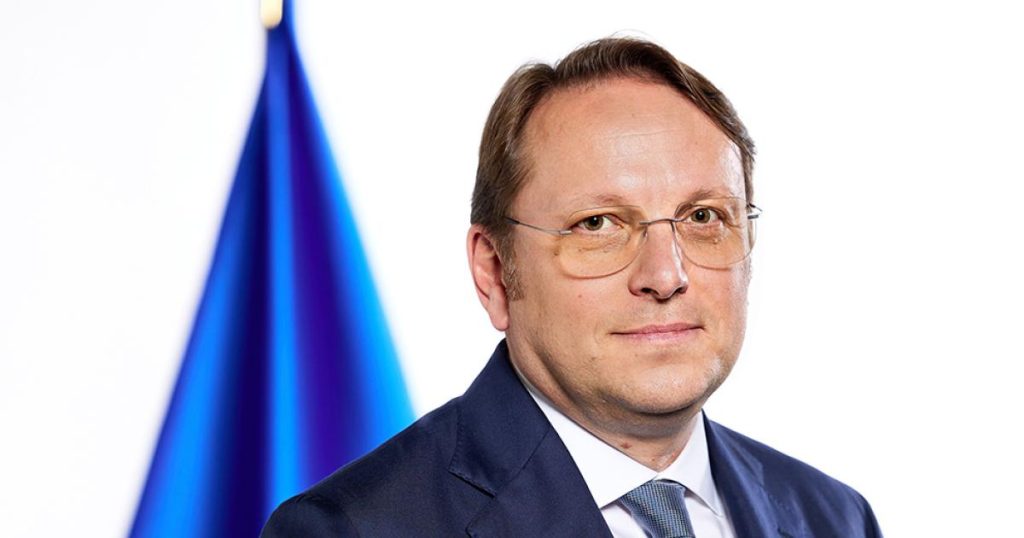Well, perhaps it is a bit harsh to say that the French government supports the black market but in a sense, it is true. Starting March 1, 2026, nicotine pouches will be banned in France. Not just illegal to sell, but to own and use as well. This in a country where a third of the population smokes. The country, in fact, with the by far largest black market in the EU for tobacco products.
The nicotine pouch ban will be problematic for people who use nicotine pouches as an alternativ to smoking. But “luckily”, those clever French have not banned cigarettes, the #1 cause of preventable death in the country. So the French population can just go ahead and smoke themselves to illnesses and early death.
Which poison is “best”?
And the reason for this; nicotine pouches are considered “poisonous”. Well, duh – nicotine, like for example alcohol – is very bad for you at higher concentrations. But you would have to swallow a number of nicotine pouches before it becomes a health hazard. While every cigarette brings the smoker, and the people around them, closer to being at risk of cancer and other illnesses.
It is true that it is difficult to smoke yourself to nicotine poisoning since each cigarette contains a fairly small amount of nicotine. But while smoking, the user inhales over 20 other toxins that should not be in anybody’s lungs. So claiming that nicotine pouches must be banned because they are toxic is just completely illogical.
Billions of nicotine pouches are sold and used all around the world. Still, nobody has been seriously injured, become ill or died because of them. While 100 people die every year in the US just from eating bad oysters. Why is this so difficult to comprehend?
Supporting the black market
Will banning nicotine pouches prevent the french from using them? If they are more difficult to buy, there will of course be a lot of people who continue smoking instead. And some people who have never smoked but like to use nicotine in another form won’t be able to do so. Or will they?
Over and over, banning products or implementing extreme taxes to reduce usage has backfired. When extreme taxes are implemented on sought-after products, the black market quickly fills the void. In Sweden, the taxes are not the highest in Europe. Still, the number of smokers in Sweden is far lower compared with countries with much higher taxes, like France and Ireland. The difference is the availability of snus and other options.
The real winners of bans and extreme tax policies are in organized crime. As soon as something people really want is banned or slapped with extreme taxes, the black market celebrates. And of course the global healthcare companies manufacturing nicotine chewing gums and patches.
Is this it?
France has not listened to the other EU countries trying to convince them to try another path. Meanwhile, Spain is discussing a 0,99 mg/g nicotine limit for nicotine pouches which would in effect make them pointless. Other countries are awaiting the ongoing discussions around EU’s tobacco directive.
Some countries in EU still see nicotine pouches and vape products as a powerful alternative to smoking. Giving people those options are by many seen as the only way the EU can reach it’s goal of becoming “smoke free” in the next decade. But banning the alternatives, which in the case of nicotine pouches have proven to be the by far safest option, will not enable that.
From a pure health and safety perspective, banning cigarettes, alcohol and eating raw oysters would have a massive impact on public health. It would reduce the suffering of millions of people and cut costs in the healthcare substantially. Banning nicotine pouches will have no effect whatsoever.
Ergo – the French logic is deeply flawed, n’est-ce pas?





